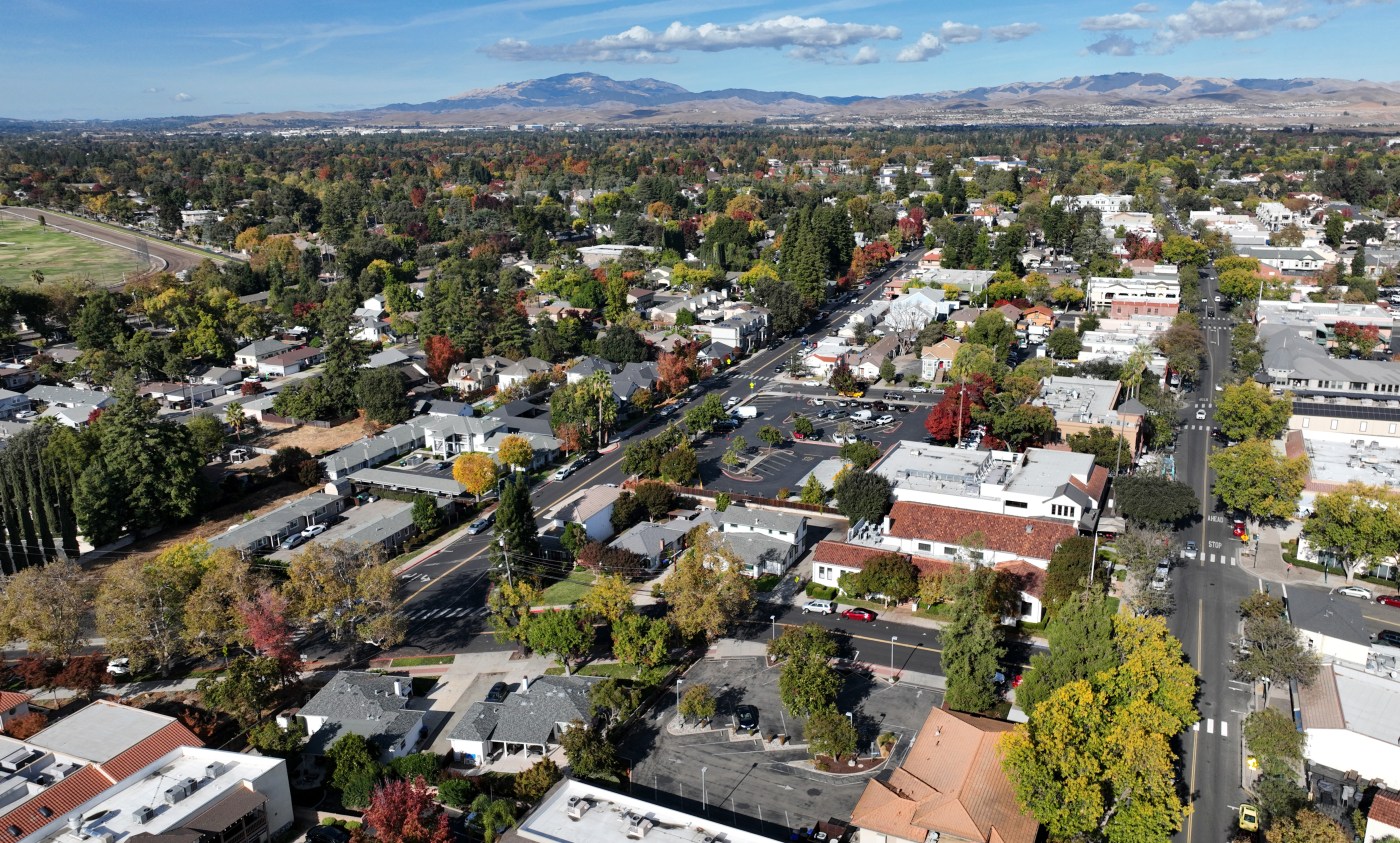
PLEASANTON — After voters shot down a sales tax measure last fall, Pleasanton officials are considering placing another initiative on next year’s ballot to help plug a $100 million structural deficit.
The Pleasanton City Council discussed four options — a transient occupancy or hotel tax, sales tax, parcel tax or general obligation bond — to potentially place on the November 2026 ballot, before unanimously agreeing to study a new hotel tax and come back with some options at a later date.
Related Articles
California will plow ahead with its electric vehicle goals but what’s the price tag?
One Bay Area health system confronts ‘nuclear option’ budget after Medicaid cuts
Covered California health insurance will cost more in 2026. Here’s what’s behind the double-digit increase
VTA says switching tunnel design for BART extension would cost $600 million more — but independent experts call it “overinflated”
More controversy over how Alameda County will spend $1.8 billion in Measure W funds
The hotel tax could generate between $1.4 million and $2.8 million in new revenue annually, the sales tax $10.8 million per year, the parcel tax $10.2 million and the bonds $9.7 million, officials said. The first two options would need a simple majority to pass, while the latter two would require a two-thirds majority.
“Every bit of new money that we can bring in is going to help,” City Manager Gerry Beaudin told the council at its Aug. 19 meeting. “There are changes coming. I expect them to be more visible, and start to take real effect in early 2026.”
Already, the council in June council voted to cut library hours, reduce parks maintenance and lay off two employees to help close a $12 million hole in the city’s two-year budget. City finance officials estimate the city will have to make between $6 million to $9 million in additional cuts annually through the next 10 years.
Voters rejected a half-cent sales tax measure in the November 2024 election, with 54 percent voting against it. The ballot initiative, Measure PP, marked the first time in the city’s history that leaders asked residents to increase the sales tax base.
At last week’s meeting, the council disagreed about whether to spend between $31,000 and $50,000 to poll residents about a potential tax measure.
Vice Mayor Jeff Nibert told his colleagues he was “disgusted” that other members of the council appeared unwilling to pay for the polling. He argued that the council needs to act with “urgency” to find new revenue, and said that it starts with polling residents on their potential interest in a new ballot measure.
“What the city needs is predictable sources of revenue so that we can actually plan our finances,” Nibert said. “I don’t think our residents want to live with constant cuts to services and deteriorating infrastructure for years to come. If that’s where we’re headed, I think the community deserves a direct say, and we at this point cannot presume to know what the community feels.”
He also said if the city forgoes the poll, “that is showing a lack of respect for our voters,” and said “if we don’t act, we are failing.” If the city continues to make cuts year after year with no new money coming in, he added, city employees will start to leave for better, more stable jobs in other cities.
“City employees realize when a ship is sinking,” Nibert said.
Nibert’s more fiscally conservative colleagues — Mayor Jack Balch and councilmen Matt Gaidos and Craig Eicher — disagreed. Balch and Gaidos both expressed concern spending up to $50,000 to poll residents after Measure PP’s failure, and Eicher remained “on the fence,” erring closer to the side against a poll.
“It seems so fresh after the last election, we’re not even a year out,” Gaidos said. “I’m frankly afraid that we’re going to get an even stronger pushback than we already had the first time.”
Balch seemed unwilling to spend the polling money as well, arguing instead that council needs to “perform” and establish better “credibility” with residents by showing the city can somehow bounce back financially without depending on higher taxes.
“For me, the credibility of any future ballot measure significantly depends on whether this council can demonstrate that we have modernized operations, that we have streamlined the processes, that we’ve actually changed how we do businesses so that Pleasanton can be open for business,” Balch said.
But Councilwoman Julie Testa, who on several occasions has been Nibert’s only ally on council, offered a different perspective in the wake of Measure PP’s failure.
“The seeds of doubt were sown by this current council in that election, and that is why we have a community that is not supportive,” Testa said. She previously blamed Measure PP’s failure on a local opposition campaign that sought to convince council to pay down the city’s deficit with financial reserves. But officials later said that was not a viable option.
“If this council was unanimous and corrected the misinformation and the doubt that was created six months ago, I believe our community would support funding to maintain services and keep the quality of life in Pleasanton,” she added. “But as long as we continue to have the leadership of doubt, I don’t think that can happen.”
If the council ultimately decides to put a new tax on the ballot, a draft measure would be due by August 2026.